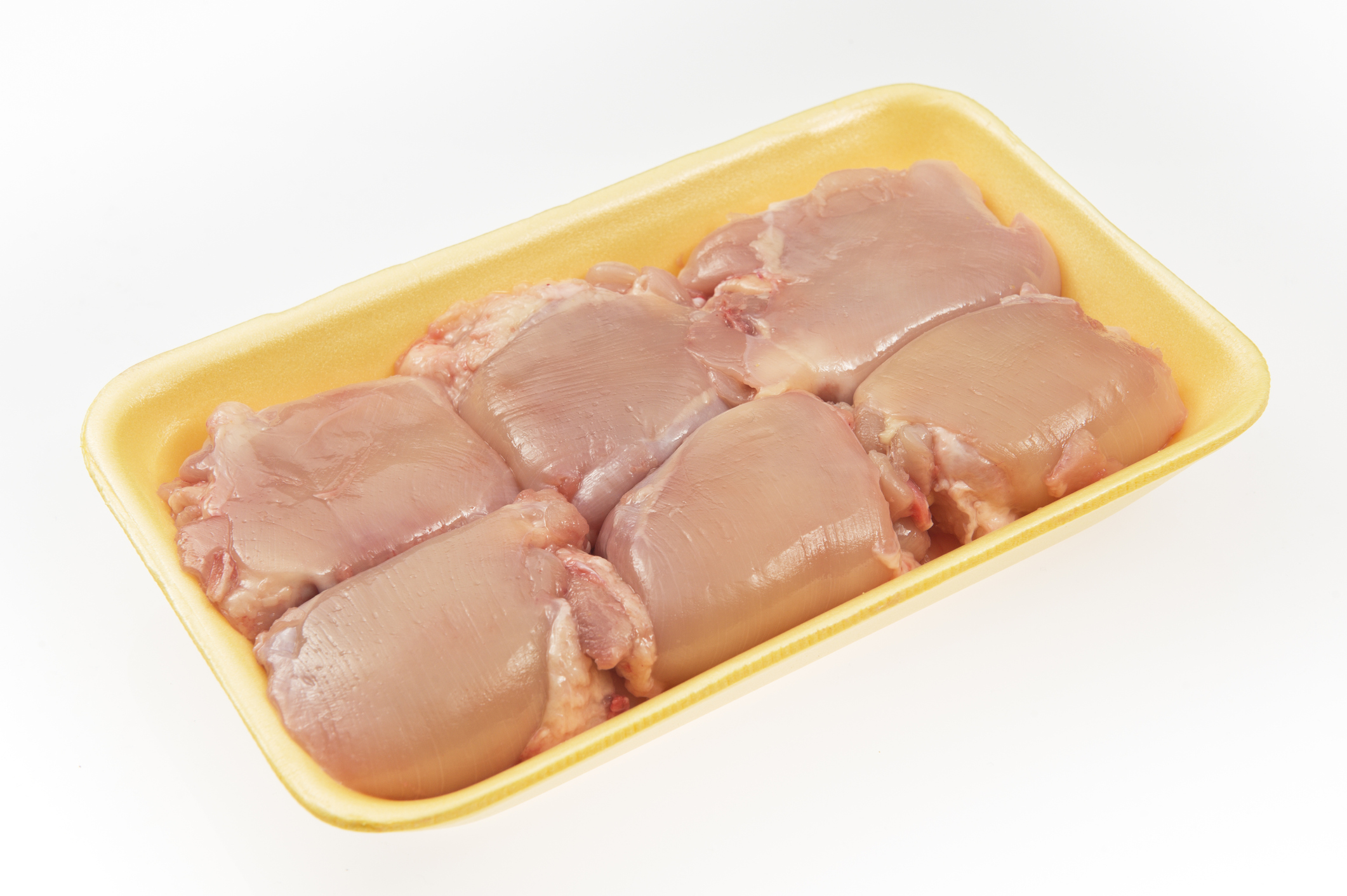
There's a crisis brewing in the chicken industry.
Sussex County, Delaware, a town that leads the country in the most chickens sold for food in the U.S. has had new positive cases of COVID-19 in their employees. This new development reflects cities and towns across the country where meatpacking plants and the communities surrounding them have been a hub for COVID-19 transmission.
Many food retailers across the U.S. are swapping out boneless chicken for less popular thighs and drumsticks as a wave of shutdowns at meatpacking plants have reduced supplies of sought-after cuts.
Grocery store customers may find themselves putting cuts of meat they don't normally buy in their carts as producers adapt to changes in the supply chain brought by the coronavirus pandemic.
To keep up with demand, the poultry industry is shifting away from de-boning chicken legs to increase production capacity, according to Fortune.
Over the past few weeks, around 20 meat plants nationwide were temporarily closed due to the coronavirus, and dozens more had reported cases. Still, others had shut down but reopened, according to a map by the trade publication Meatingplace magazine.
Plant closures or work slowdowns drive up prices, reduce inventory on grocery shelves and threaten to strike an even bigger blow to the nation's economy. Already, grocery giants Costco and Kroger have begun rationing meat supplies for customers.

In April, Delaware poultry processor Allen Harim Foods reportedly had to destroy nearly 2 million chickens because staffing shortages tied to the coronavirus meant it couldn't keep up with the birds headed to its facilities from local farms.
According to U.S. News & World Report, more than half of the 300 workers tested in just one county plant last week were found to be positive for the virus. Sussex County has reported roughly 2,500 cases of infection with the novel coronavirus, nearly half the total for all of Delaware.
Bayhealth has been invited to test additional plant workers this week as part of an unprecedented effort to curb COVID-19 in a county that also accounts for the majority of the roughly 270 million broiler chickens produced annually in Delaware. Sussex County chickens fill freezer cases throughout the mid-Atlantic region, including in Philadelphia, Washington, D.C., and Baltimore.
Another chicken processing plant in North Carolina, House of Raeford, was also hit by workers testing positive for COVID-19. The House of Raeford manager of corporate communications and sustainability Dave Witter released the following statement:
"We can reconfirm that there have been a very small number of employees who have tested positive for COVID-19 at our Greenville operation.
"It is important to emphasize that the safety and quality of the food we produce is, of course, a high priority for House of Raeford Farms.
"Based on statements from the CDC, USDA, and FDA, there is currently 'no evidence to support the transmission of the COVID-19 virus associated with food.'
"Our processing facilities will continue to maintain the highest standards of food safety in cooperation with the USDA.
Meat is not going to disappear from grocery store shelves, a Tyson spokesperson told FOX Business.









